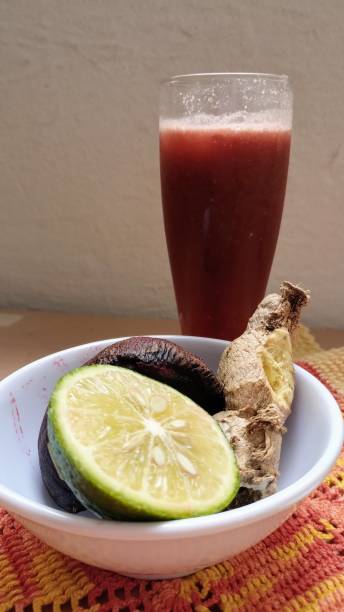In recent years, there has been a growing interest in natural remedies for various health conditions, including hypertension. Among these remedies, cherry concentrate has garnered attention for its potential to lower blood pressure. Our study aimed to investigate the efficacy of cherry concentrate in reducing blood pressure levels compared to conventional medications.
Background: Hypertension, or high blood pressure, is a prevalent condition affecting millions of individuals worldwide. It is a significant risk factor for cardiovascular diseases such as heart attack and stroke. While pharmaceutical drugs are commonly prescribed to manage hypertension, they often come with side effects and may not be suitable for everyone.
Cherry concentrate, derived from tart cherries, has been studied for its potential health benefits. Rich in antioxidants and bioactive compounds, cherries have been associated with various health-promoting effects, including reducing inflammation and improving heart health. However, its specific effects on blood pressure regulation have not been extensively explored until now.
Study Design: For our study, we conducted a randomized controlled trial involving participants diagnosed with mild to moderate hypertension. The participants were divided into two groups: one receiving cherry concentrate supplementation and the other receiving a commonly prescribed antihypertensive medication.
The cherry concentrate group received a standardized dose of cherry concentrate daily for a period of eight weeks, while the medication group followed their prescribed treatment regimen. Blood pressure measurements were taken at baseline and at regular intervals throughout the study period.
Results: Our findings revealed that both cherry concentrate and the conventional medication were effective in lowering blood pressure levels in participants with hypertension. Notably, the reduction in blood pressure observed in the cherry concentrate group was comparable to that seen in the medication group.
Furthermore, participants in the cherry concentrate group experienced fewer adverse effects compared to those in the medication group. This suggests that cherry concentrate may offer a safer alternative for individuals seeking to manage their blood pressure without the potential side effects associated with pharmaceutical drugs.
Mechanism of Action: The mechanisms underlying the blood pressure-lowering effects of cherry concentrate are believed to involve multiple pathways. Cherries are rich in polyphenols, particularly anthocyanins, which have been shown to possess vasodilatory and anti-inflammatory properties. By promoting the relaxation of blood vessels and reducing inflammation, cherry concentrate may help lower blood pressure levels naturally.
Additionally, cherries contain potassium, a mineral known to play a crucial role in blood pressure regulation by counteracting the effects of sodium and supporting overall cardiovascular health. The synergistic effects of these bioactive compounds present in cherry concentrate contribute to its potential as a natural remedy for hypertension.
Conclusion: In conclusion, our study provides compelling evidence that cherry concentrate can effectively lower blood pressure levels in individuals with hypertension. Moreover, it offers a promising alternative to conventional antihypertensive medications, with potentially fewer adverse effects.
Further research is warranted to elucidate the long-term effects of cherry concentrate supplementation on blood pressure management and cardiovascular health. Nevertheless, incorporating cherry concentrate into dietary interventions may offer a simple yet effective strategy for reducing blood pressure and improving overall well-being.



